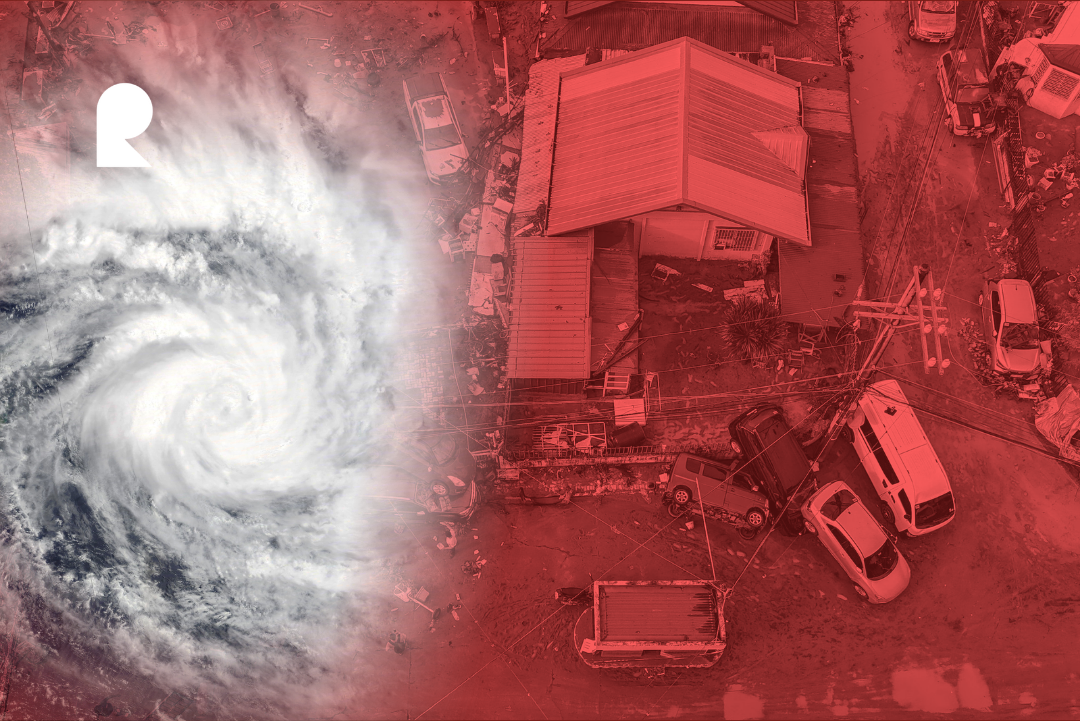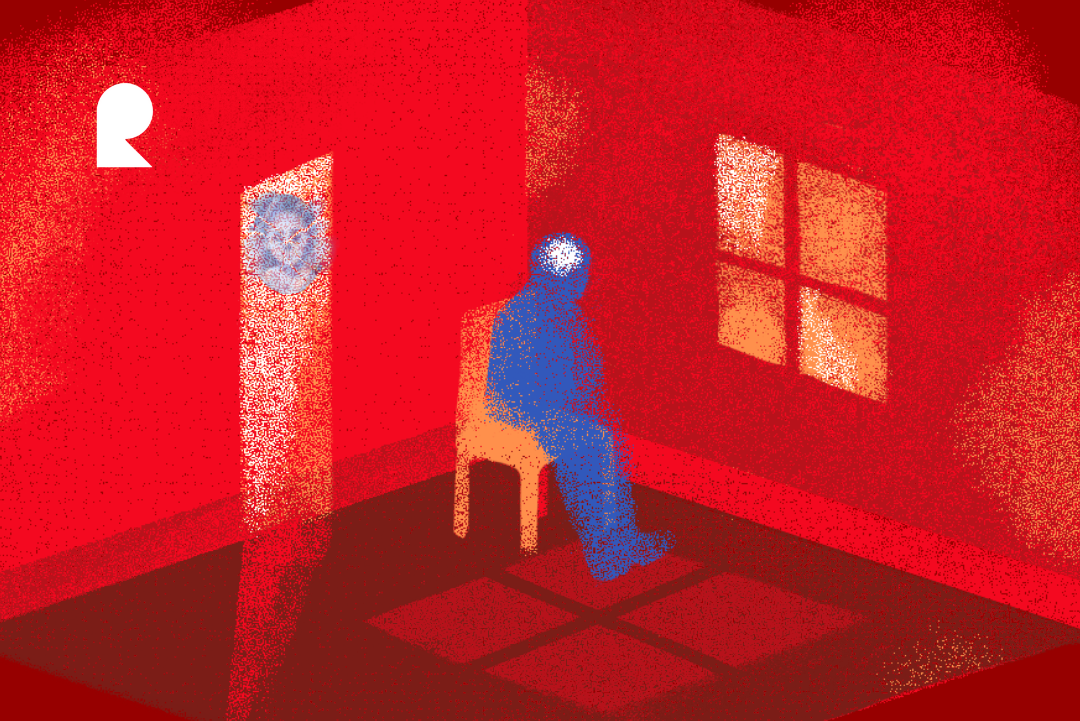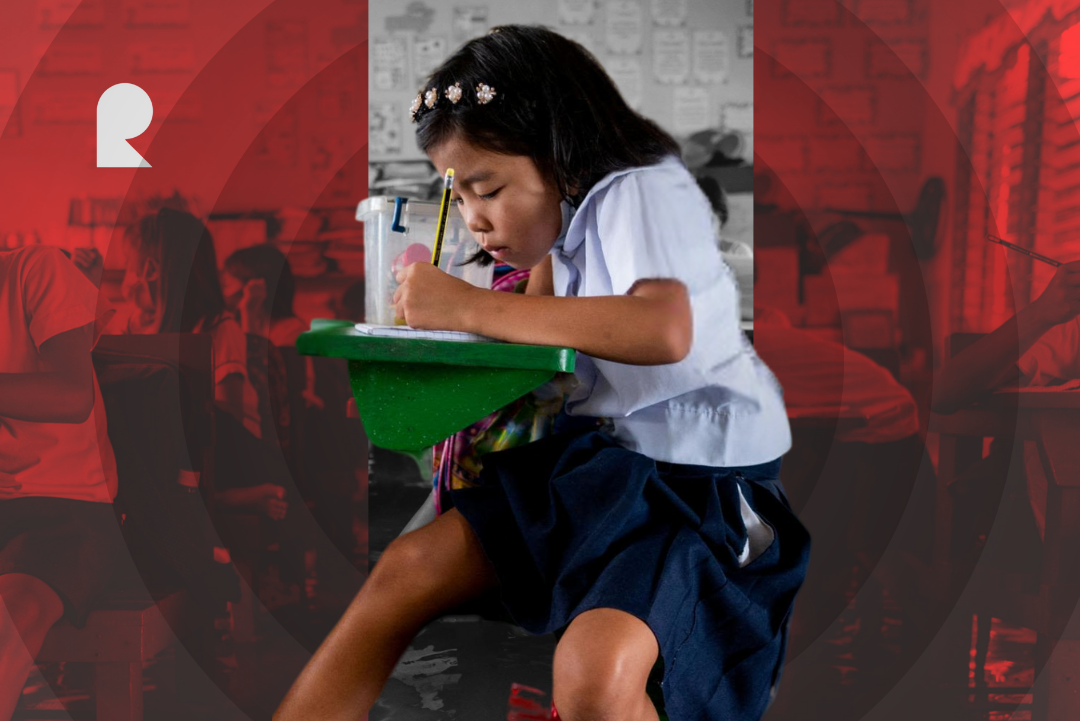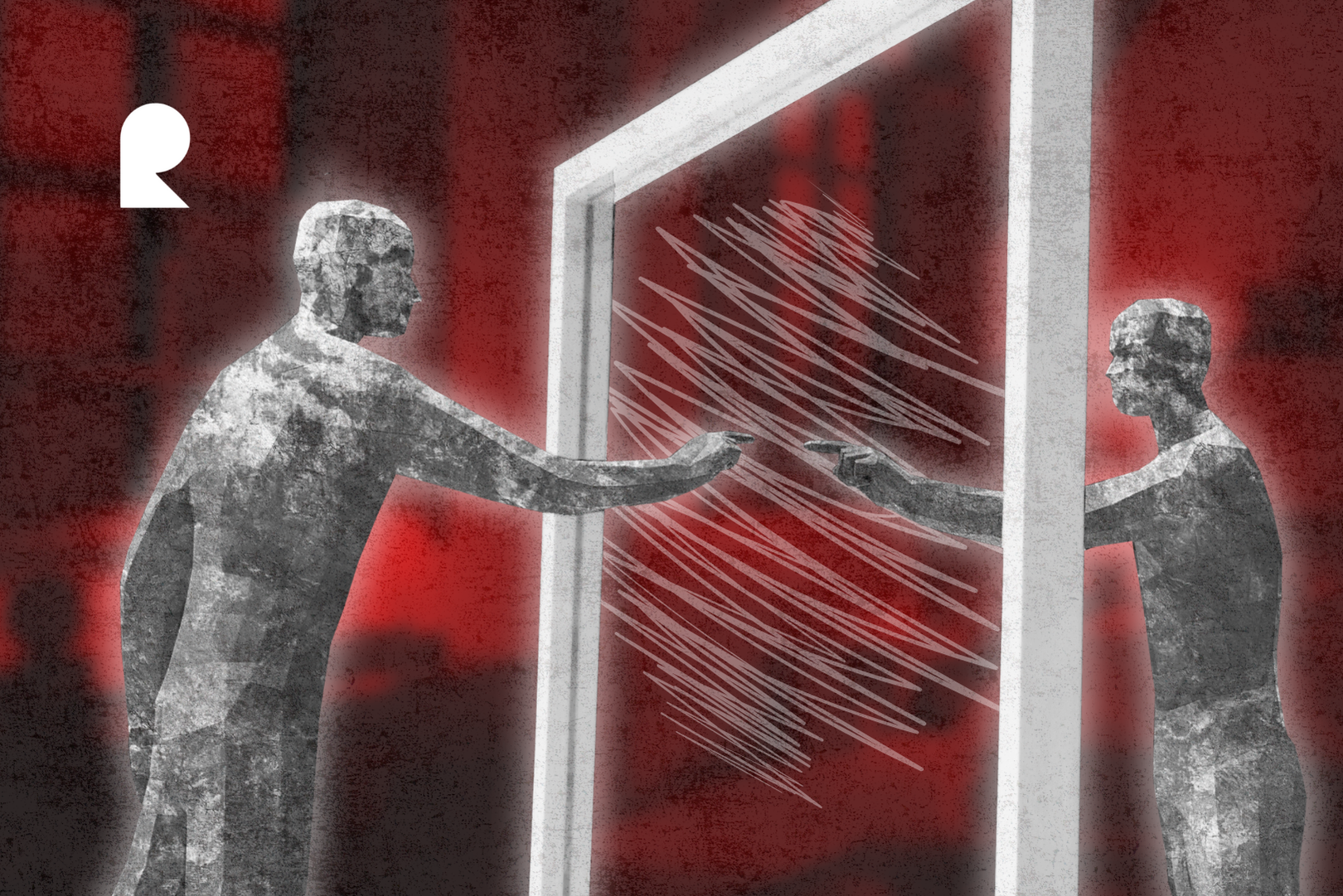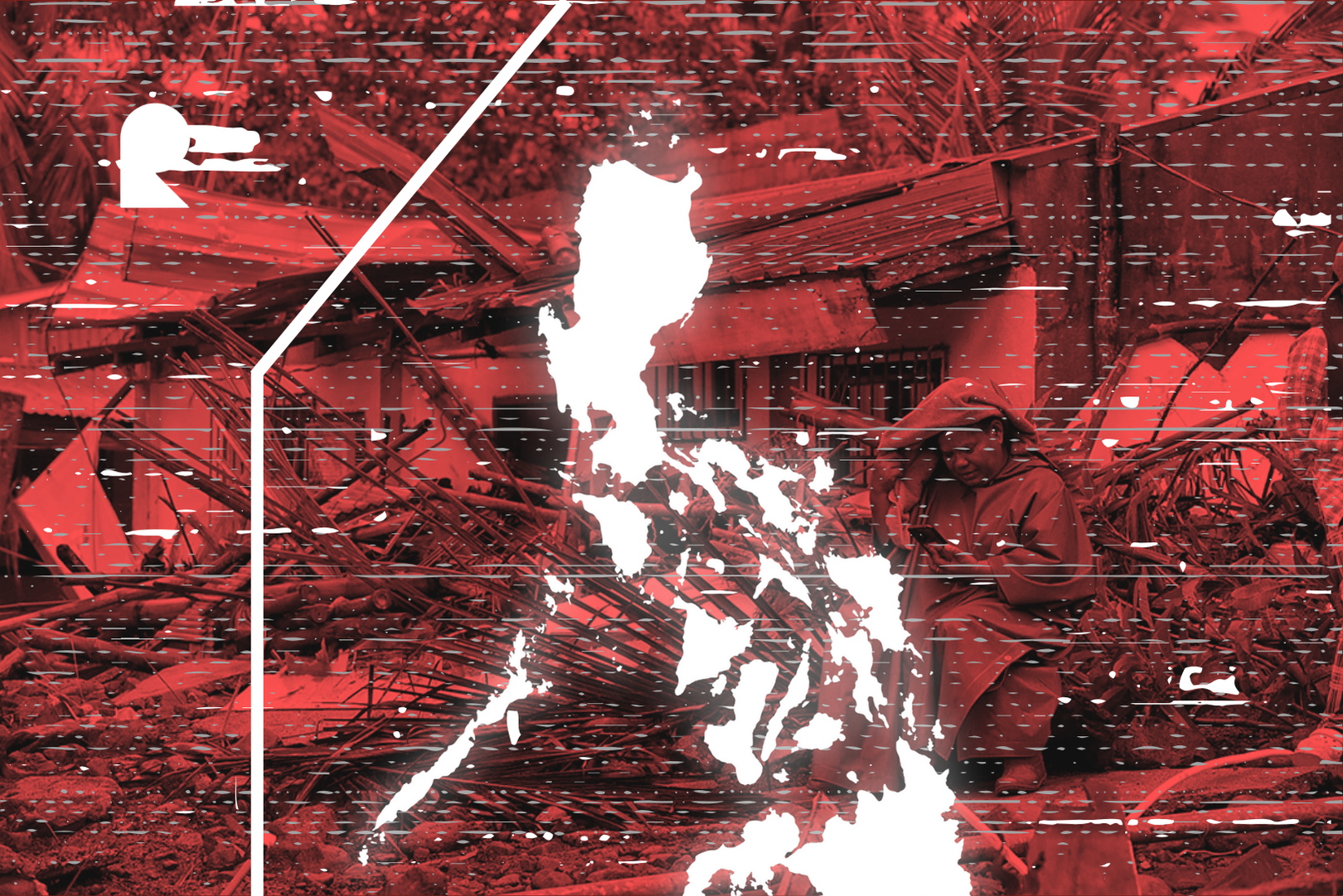The night the wind forgot our names, the world turned to silver and sorrow. The sky, once calm, began to tremble. The air thickened with fear and salt, and the rain came like a punishment, drenching everything that once felt safe. I remember standing by the window, watching the trees bend as if pleading for mercy. The storm had a voice—loud, angry, and grieving—and it called to us like a god testing how much faith we had left.
They said the typhoon would pass, like every other storm we had survived. But that night felt different. It was not merely wind and water; it was memory and mourning. The roof creaked like bones, and my hands shook as I held onto a candle that refused to die. Outside, the world was unrecognizable. Roads became rivers. Power lines swayed like desperate dancers. Houses folded like paper boats.
I could hear cries from the next house—someone calling for their child. Another voice praying, half drowned by the howling. In that moment, fear was not a stranger but a companion sitting right beside me, whispering that everything might end before morning. Yet beneath it, there was something else—something stubborn that refused to yield. Perhaps it was hope. Perhaps it was the simple human desire to live one more sunrise.
When the first light came, it didn’t feel like dawn. The sky was bruised purple, the air heavy with the scent of mud and salt. I stepped outside barefoot. The streets were unrecognizable, a collage of ruin and courage. Fallen trees rested on the roofs of half-broken homes. A stray slipper floated past a cracked wall painted once in bright blue. The storm had taken so much, but not everything. There were still people, bruised and trembling, but alive.
A man was fixing a roof with a hammer he borrowed from a neighbor. Children were helping collect debris, their laughter oddly bright amid the wreckage. A mother offered bread to anyone who passed her doorstep. She smiled even though her house no longer had a front door. I realized then that storms could never wash away kindness. It is the one thing the flood cannot carry off.
As I helped clean the road, I found myself staring at a small photograph lying in the mud. It was a family portrait, its edges soaked and torn. I wiped the dirt with my hand, and something in my chest ached. Maybe it belonged to someone who had lost everything. Maybe it was a stranger’s memory, now mine to carry. That is how grief travels. It does not ask permission; it simply moves from one heart to another until someone learns to hold it gently.
In the following days, our town began to breathe again. The market reopened with makeshift stalls. The church bells rang, cracked but determined. Volunteers handed out food and blankets. There was still pain, but it was softened by hands reaching out to help. I saw strength not in grand gestures, but in the quiet ways people kept going—washing clothes by the river, rebuilding fences, planting seeds on soil still damp from the storm.
“Resilience” is a word we often use without thinking, but here, it had a face. It was the grandmother who cooked soup for her neighbors, though her own roof had fallen. It was the teenager who carried bottled water for the elderly. It was the father who whispered to his child, “We will start again.” We always start again, no matter how many times the sky tests us.
As I walked home that afternoon, I passed the same road where the flood once raged. The sun slipped through the clouds, turning the puddles into mirrors. In them, I saw reflections of what we lost—but also of what we gained. We have learned, time and time again, that the storm will never have the final word. It can break our homes, but not our hearts. It can silence the night, but never the songs we sing when morning comes.
I looked up. The wind was gentle now, almost apologetic. Somewhere, a child was flying a kite made of old newspapers. It rose against the sky that once betrayed us, fluttering with defiance, faith, and pure hope. I smiled, realizing that maybe the wind hadn’t forgotten us after all. It simply needed to be reminded who we are: people who rise from water, people who build from ashes, and people who love even when the world falls apart.
We are the country of storms, yes. But we are also the country that survives them. The sea may rise, the wind may howl, but every time the rain stops, we begin again. And somewhere in that endless cycle of breaking and rebuilding, of falling and standing once more, lies the quiet truth of who we are.
The wind can forget our names—but we will never forget how to begin again.
| via Lord Nelson Manuel
